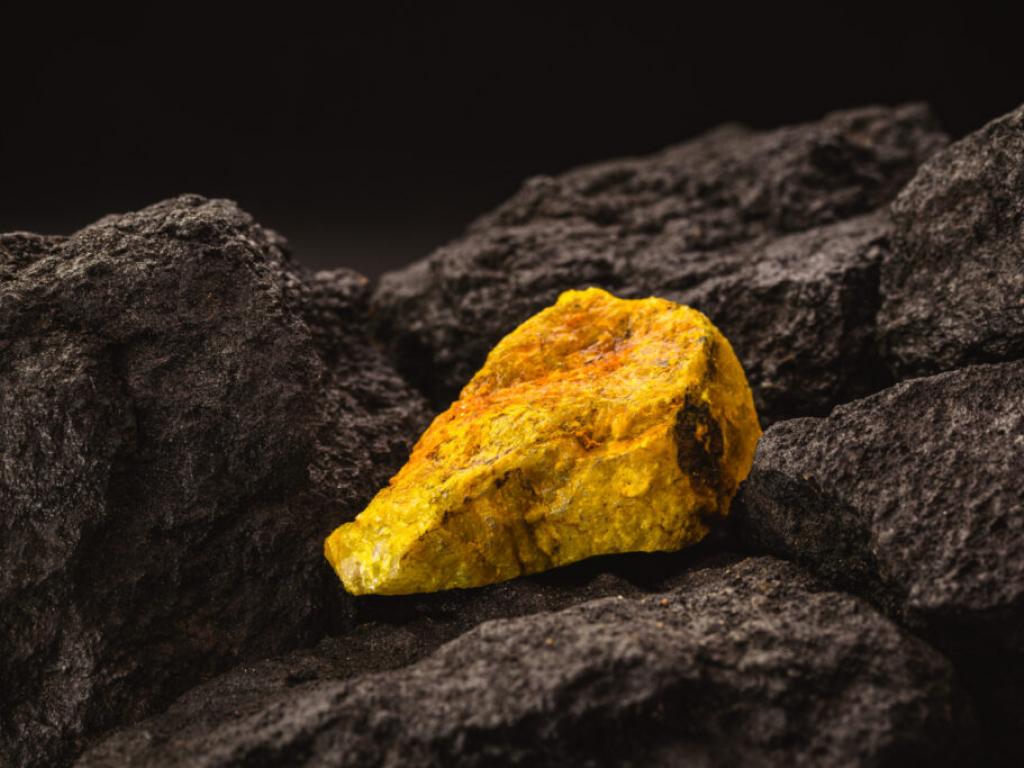Uranium Explorers Call For Lifting Mining Ban In Western Australia, Target $1B In Exports
Author: Stjepan Kalinic | August 06, 2024 05:29am
Uranium explorers are calling on Western Australian authorities to lift the ban on uranium mining to capitalize on rising global demand and prices. Australia holds nearly a third of the world's known uranium reserves, yet only two out of its eight states and territories, South Australia and the Northern Territory, permit mining.
Uranium prices have surged, driven by the global shift toward nuclear energy as part of the energy transition. This rise in demand is essential for meeting decarbonization goals, with many countries planning to increase their nuclear energy capacity significantly.
Still, Australia has only two operating projects, producing a fraction of its capabilities and potentially missing export opportunities.
"The bans in some states like Western Australia, which is known for its mining history, are nonsensical and leave the nation at risk of missing out on soaring global demand. The time is now to remove these bans — there's a real economic cost to not doing it, "Jonathan Fisher, CEO of Cauldron Energy (OTCPK: CAULF), a uranium explorer, said for Bloomberg.
Now read: Uranium Prices Surge To 16-Year Highs Due To Supply Uncertainties, Rising Demand For AI Data Centers
In addition to environmental concerns, Australia has a complex cultural heritage situation, as evidenced by the recent ban on mining at the Jabiluka site.
Discovered in the early 1970s, this high-grade uranium deposit has been at the center of legal and cultural disputes between Indigenous custodians and mining companies. The government recently extended the Kakadu National Park to include Jabiluka, prohibiting further mining activities.
Despite environmental concerns lingering from past incidents like the Chornobyl and Fukushima disasters and the ongoing cleanup from toxic leaks at the Ranger project in the Northern Territory, the industry argues that modern regulations and technologies can mitigate such risks.
The country's two operating uranium mines, BHP Group's (NYSE:BHP) Olympic Dam and Boss Energy's (OTC:BQSSF) Honeymoon project, contribute around 9% of the world's uranium supply.
The rising uranium prices, currently above $80 per pound, show the potential economic benefits of lifting the ban.
"Country after country has declared renewables aren't going to achieve their targets, and that nuclear will be a big component to reach net zero," said John Borshoff, CEO of uranium explorer Deep Yellow (OTC:DYLLF) which has the Mulga Rock project in Western Australia.
The Chamber of Commerce and Industry of Western Australia (CCIWA) supports lifting the ban. Earlier this year, they published a study estimating that lifting the ban could generate $1 billion and create 9,000 jobs.
Also read:
Benzinga Mining is the bridge between mining companies and retail investors. Reach out to licensing@benzinga.com to get started!
Photo via Shutterstock
Posted In: BHP BQSSF CAULF DYLLF GRN NLR URA URNM





